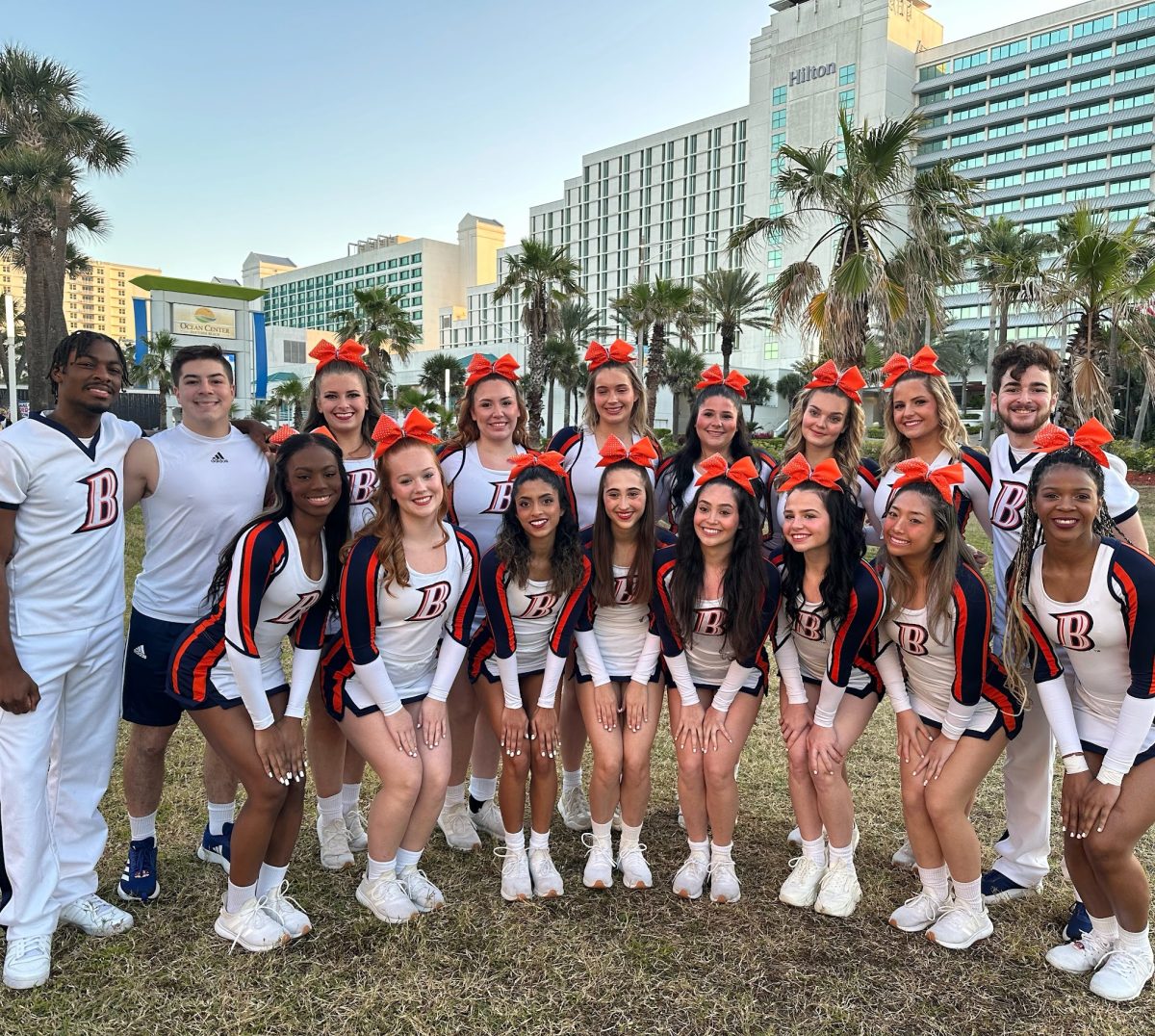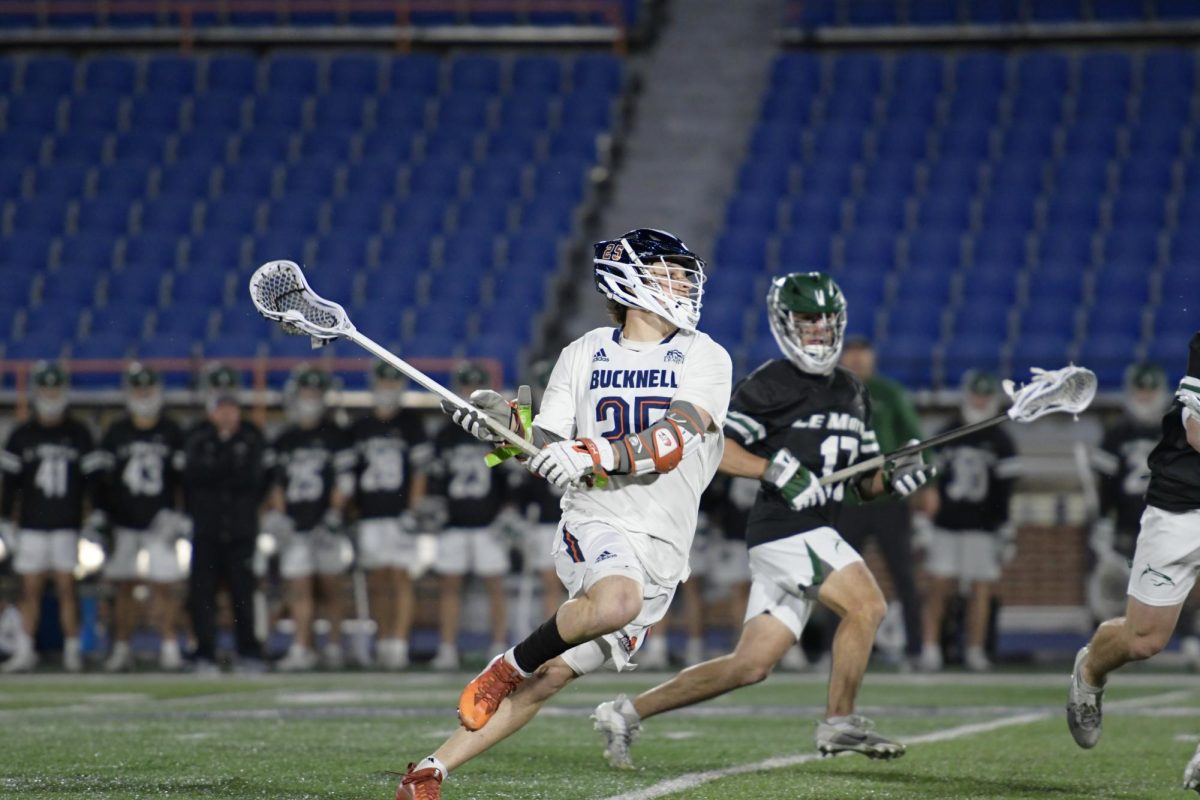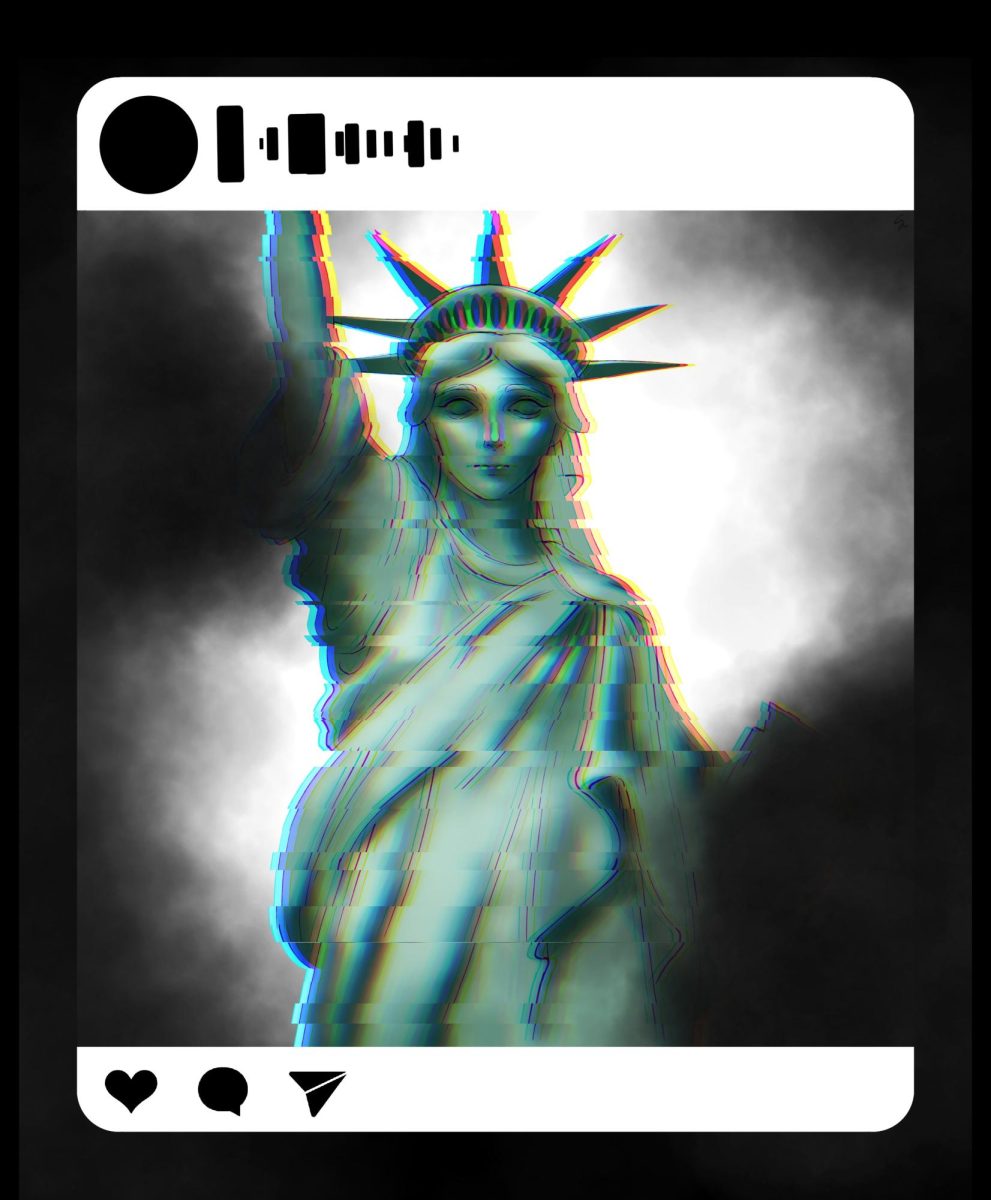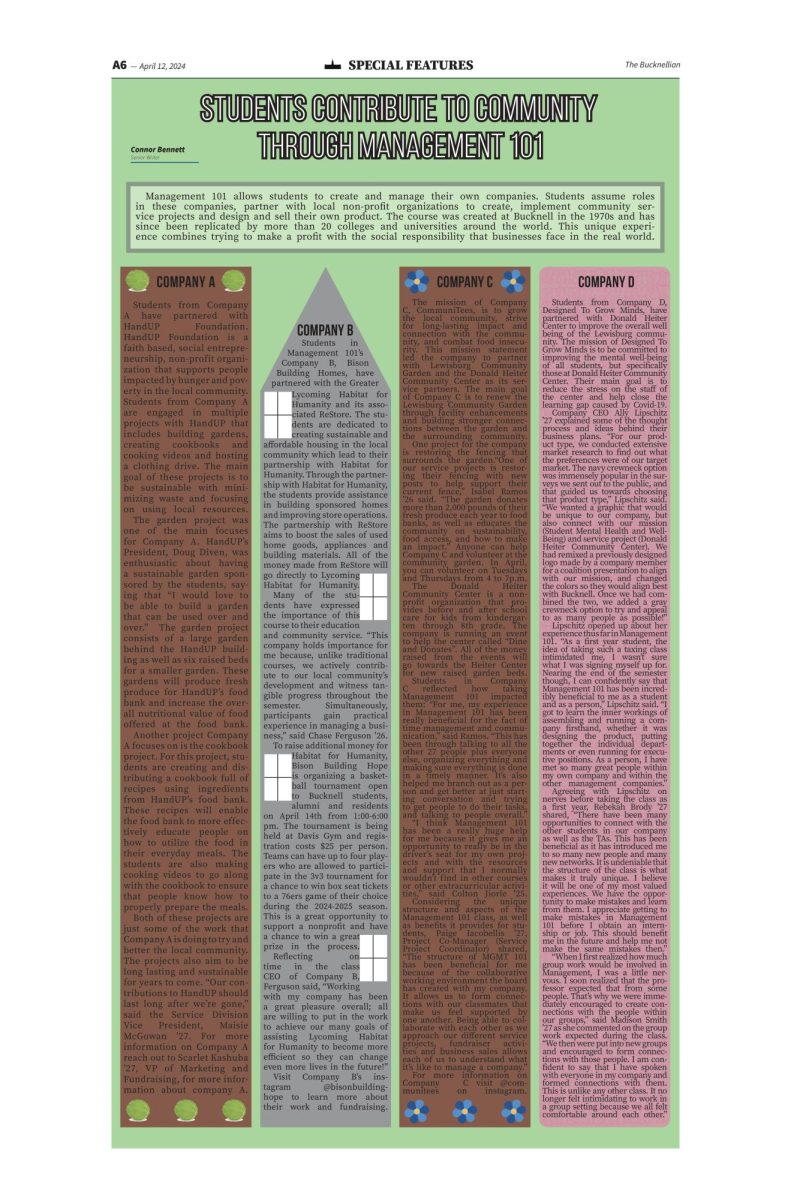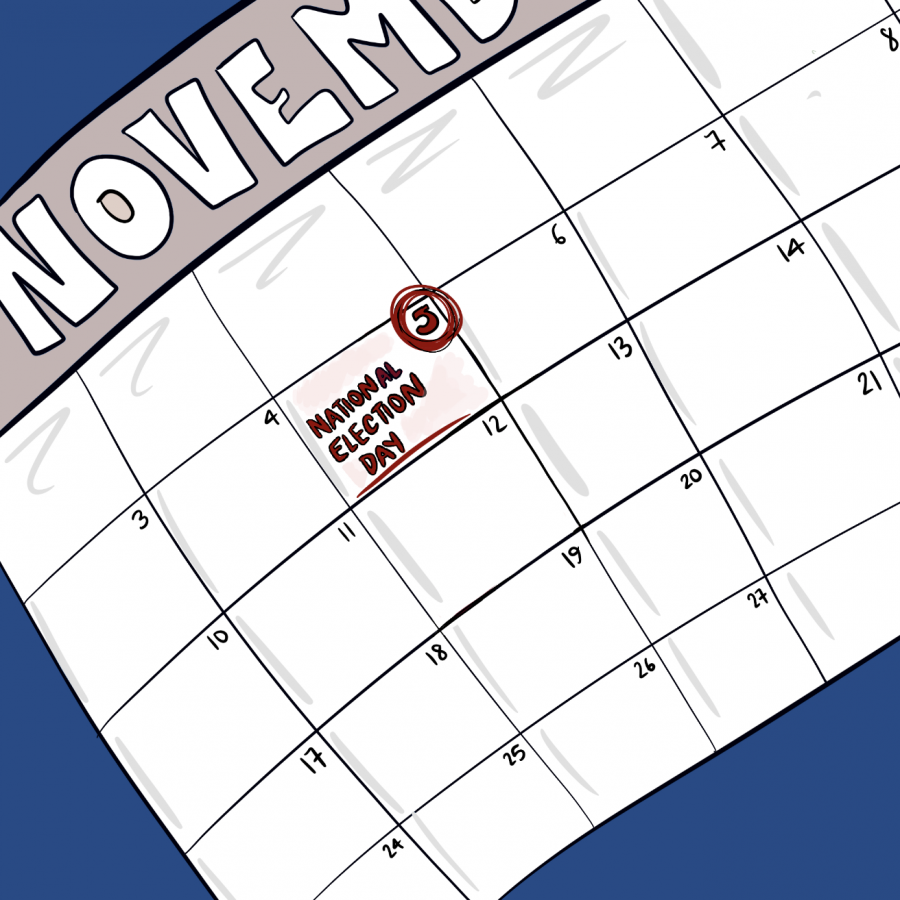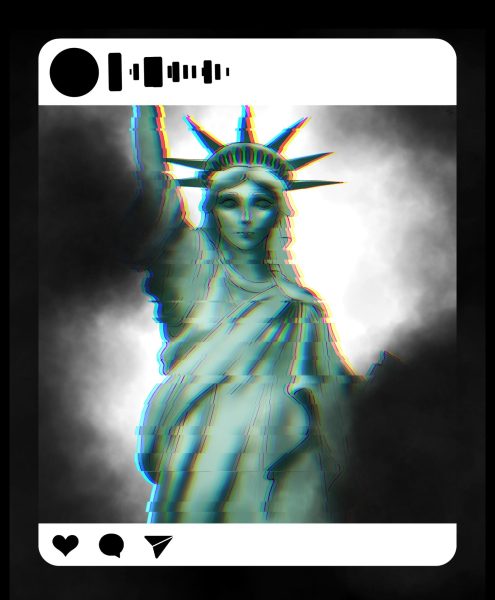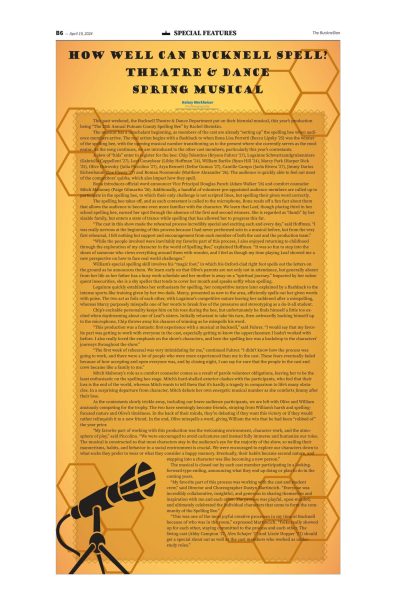McConnell is lying; Here’s the truth
Olivia Braito, Graphics Manager
Graphics by Olivia Braito.
February 7, 2019
U.S. Senate Majority Leader Mitch McConnell is palpably incapable of discoursing in good faith; it does not take a particularly perceptive or discerning spirit to notice a McConnell brand of deceptive, accusatory rhetoric, focused more on sound-bites than substance. From his passionate public endorsement of the U.S. invasion of Iraq in 2003–a conflict about which McConnell privately held serious doubt, according to former President George W. Bush–to his constant use of the filibuster during the Obama Administration to block mostly noncontroversial Democratic bills, one would be hard-pressed to assume that McConnell has any firm convictions at all beyond the furtherance of his own personal power.
McConnell has only continued this trend in a heavily-publicized criticism of a new Democrat-proposed House bill, which the Senate Majority Leader ironically calls a “power grab.” Titled H.R. 1, or the For the People Act, the bill would, among other things, establish an automatic voter registration system to prevent voter suppression and make Election Day a federal holiday. “Just what America needs, another paid holiday, and a bunch of government workers being paid to go out and work, I assume […] our colleagues on the other side, on their campaigns,” McConnell captiously spoke of the bill on the Senate floor on Jan. 30, calling the bill the “Democrat Politician Protection Act.”
Yet, McConnell’s framing of the bill as a Democratic campaign bolster ignores an important reality of the demographics of federal workers: a plurality of them identify as Independents. According to a survey conducted in mid-January by the Government Business Council (GBC), only 25 percent of federal workers identify as Democrats, compared with 22 percent identifying as Republicans and a striking 32 percent constituency of Independents.
However, as has been previously demonstrated throughout his delusive political career, it is unlikely that McConnell’s genuine and sole complaint on any given policy is that which he presents to the public. Thus, it is necessary to investigate the actual content of the bill to glean McConnell’s real reservations. Regarding H.R. 1, it would appear that the bill’s sweeping measures against voter suppression are of a particular affront to McConnell’s sensibilities. McConnell has shown consistent and unwavering dedication to restricting the individual’s right to vote, most notably in a 2006 amendment (SA 4021) to the Comprehensive Immigration Reform Act which would require voter identification (i.e. a driver’s license) to vote at any polling place. McConnell’s logic of suppression seems to make sense for his party too; the 2018 midterm election, which saw the highest midterm election turnout since the beginning of World War I, also saw Democrats cast a shocking 60.5 million votes and lead the House popular vote by 8.6 million. Perhaps this is the power grab McConnell spoke of?
Yet there is also another provision in H.R. 1 which likely upset the already-distressed McConnell, requiring all presidential candidates to release their tax returns for the previous 10 years. The clause is quite clearly an attack on U.S. President Donald Trump, who famously refused to release his returns during the 2016 presidential election, prompting accusations of tax fraud and money laundering from both sides of the political sphere. McConnell addressed concerns about Trump’s returns at a press conference in November of last year, calling Democratic designs to seize the returns “presidential harassment” and comparing them to the impeachment of President Bill Clinton in the late 1990s. McConnell has remained conspicuously silent on the issue of the returns since Trump’s election in 2016, coinciding with an increasing loyalty to Trump’s repulsive policies. It is well within the realm of possibility that McConnell’s sycophancy for both party and President are driving some, if not all, of his opposition to this bill.


